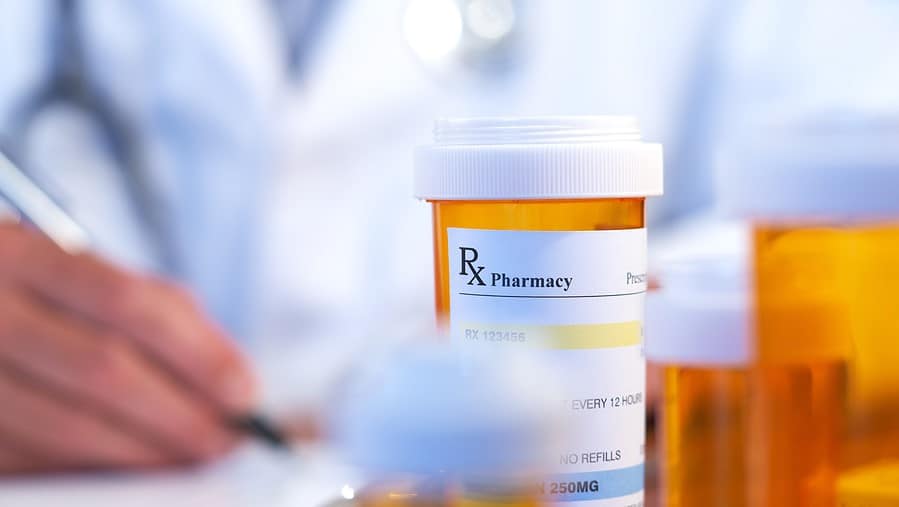
When new staff starts at MassBio, our team has started playing “Two Truths and a Lie” as a get-to-know-you exercise. This self-explanatory game is remarkably effective while also being very amusing. For instance, I’ve learned that one of my new colleagues is a former hand model and another was once struck by lightning. The game is especially fun to play with people you already know – you’ll learn more about them, but often also learn something that changes a preconceived notion you had about them.
Since my job often revolves around state and federal policy, my natural inclination was to ask: can this game transfer to public policy? Let’s find out.
I’m going to tell you two truths and one lie about prescription drug spending in Massachusetts. Which one is not true?
- Prescription drugs are the fastest growing part of Massachusetts healthcare expenditures
- Prescription drug spending growth has declined year over year
- Prescription drug spending accounts for 14.5% of total healthcare expenditures
This throwaway exercise would be a fun way to start conversations with policymakers because it eludes a problem with the current debate over drug pricing – it’s built on assumptions, anecdotes, and feelings instead of facts and data.
Luckily, the data are easily accessible and straightforward.
According to the state’s Center for Health Information and Analysis’ (CHIA) latest annual report examining statewide healthcare expenditures between 2018 and 2019, prescription drug spending net of rebates grew by 3.0%. This is down from 4.0% in the previous year. And the $8.3 billion in spending on prescription drugs only accounts for 14.5% of total healthcare expenditures statewide. #1 above is the lie as every other major healthcare spending category grew faster than 3.0%, sometimes significantly.
So, when we see legislation in Massachusetts that seeks to implement significant policies that would allow the state to cap prescription drug prices, allow state agencies, including the Attorney General, unlimited transparency authority to request information about drug pricing, or put new taxes on the biopharma industry designed to lower drug prices, you have to ask: what’s the problem they are looking to solve?
The problem, of course, is that their constituents are complaining about their drugs being too expensive. And they are not wrong. The problem, however, isn’t the price of a drug, but rather what that person’s insurance says they must pay for the drug. Because of high deductible health insurance plans (which cover more than 1.4 million people in Massachusetts) and growing out-of-pocket costs for prescription drugs, patients are paying more than ever at the pharmacy counter.
Legislative solutions to this issue exist. Proposals to ensure insurers directly share prescription drug rebates with consumers, and to allow prescription drug coupons to be used in Massachusetts indefinitely, have been filed in Massachusetts, to name a few. But these commonsense ideas are regularly overlooked for other legislation that seemingly seeks to punish biopharma companies while not doing anything to save consumers money at the pharmacy counter.
To learn more about what MassBio is doing to promote patient-focused solutions, check out our digital advocacy campaign, Cures for the Commonwealth.